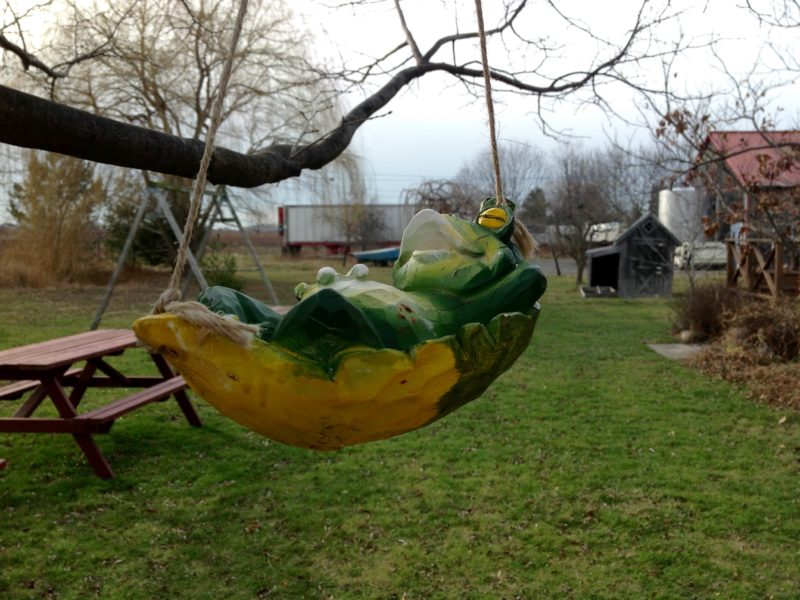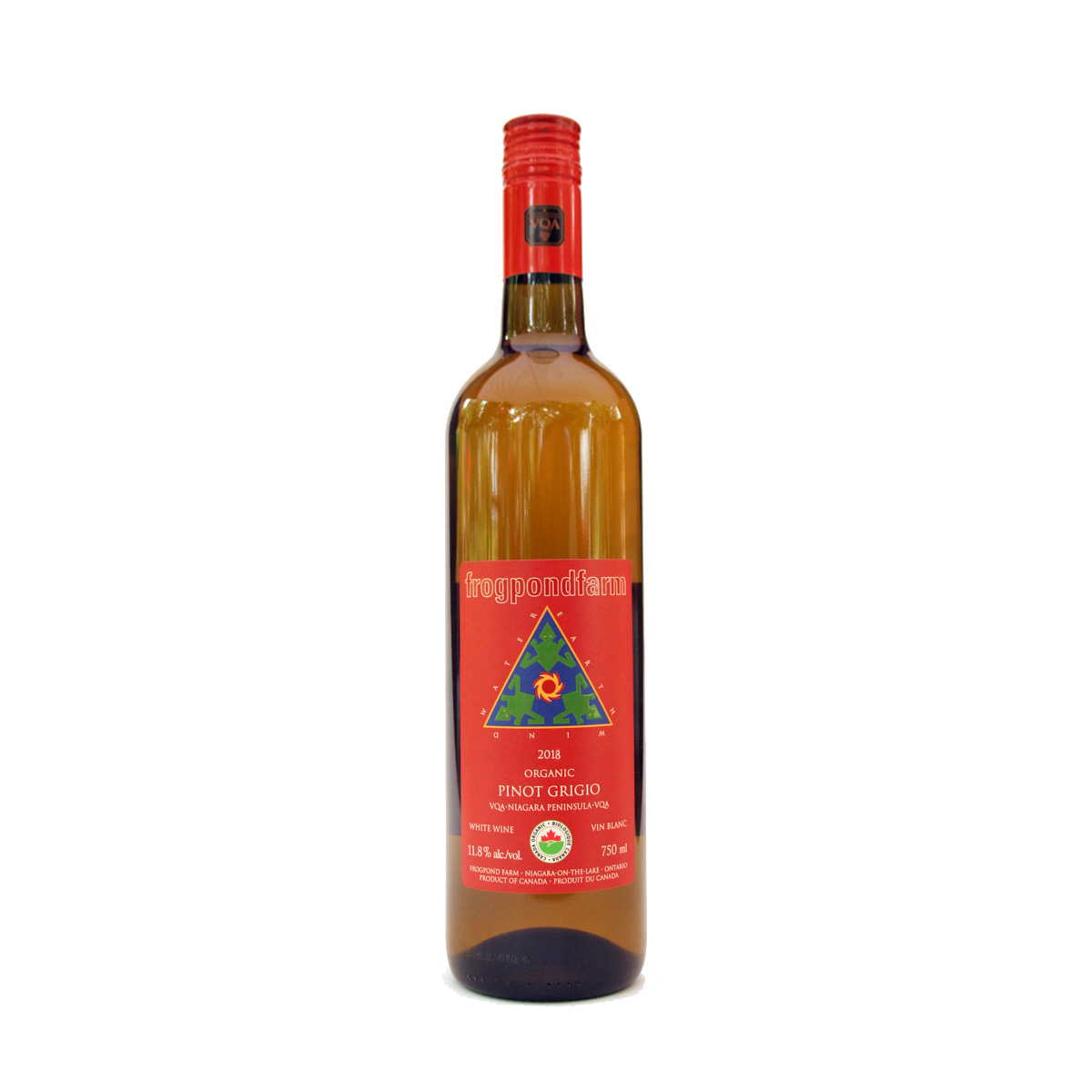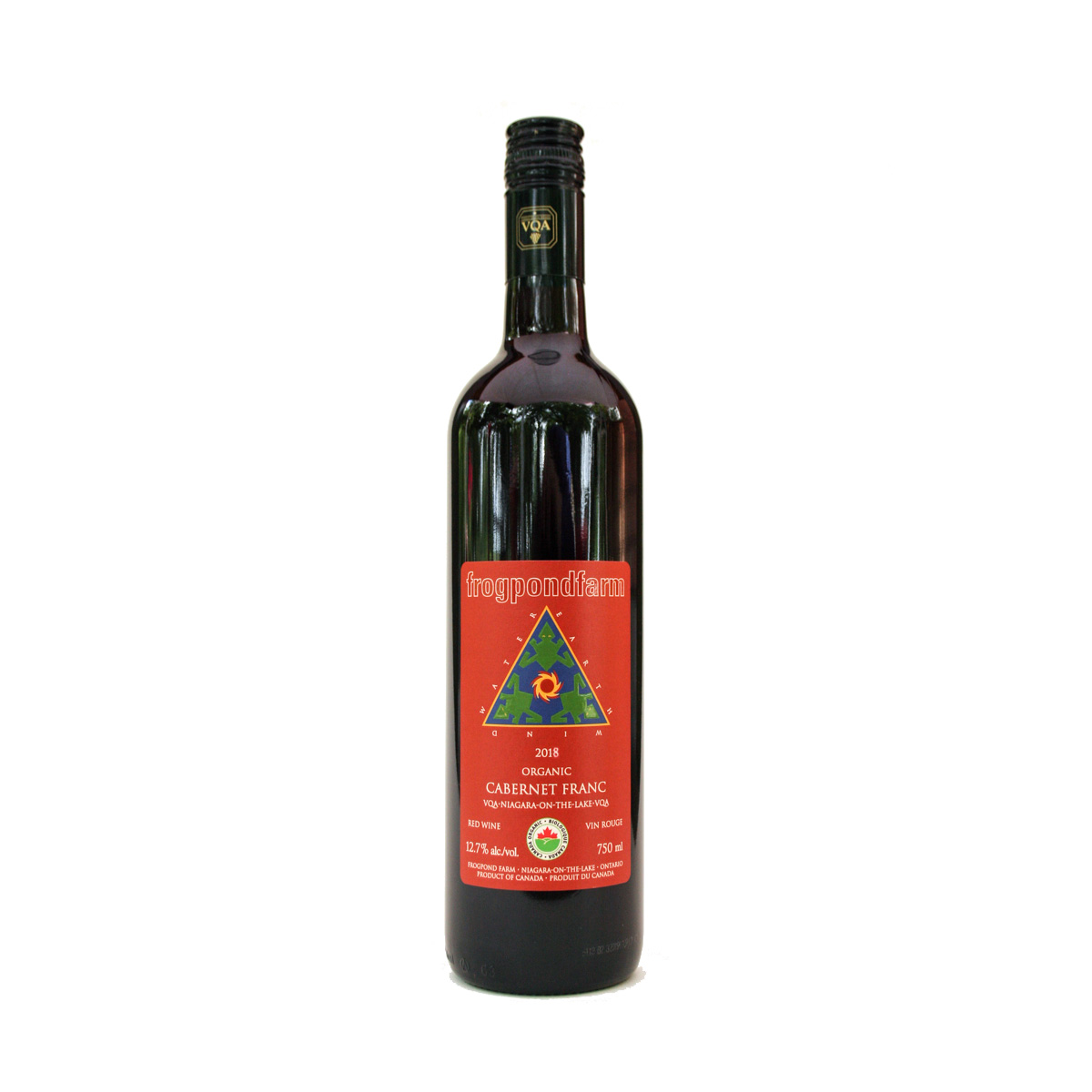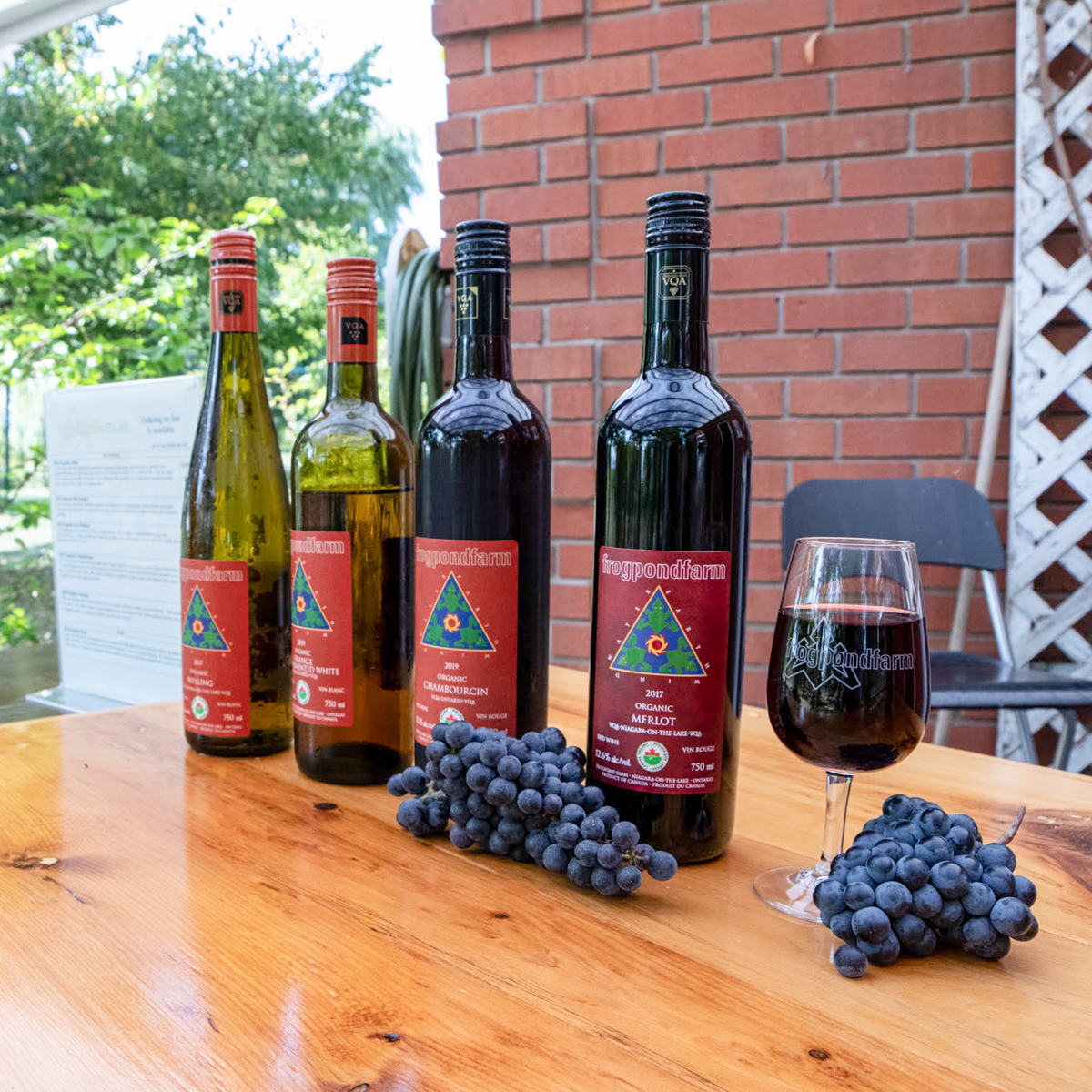A question people often ask is about residual sugar in wine.
Many of us are concerned about health issues whether or not we are counting calories, carbohydrates, and/or sugar due to diabetes.
Did you know?
-
- 1 teaspoon of granulated sugar is equal to 4 grams

So what is residual sugar in wine?
Residual sugars are those sugars left in wine when fermentation is complete. Residual sugar (RS) is measured in grams of sugar per litre of wine, and along with acidity, alcohol and other factors this will determine how sweet a wine will taste. (Source: LCBO Glossary)
The sugars found in grapes at harvest are fructose and glucose (fruit sugars). During the winemaking process yeast eats/converts those sugars into ethanol (alcohol). Fermentation stops when all or most of the sugars have been eaten.
Of course that depends on the style of wine being made. If one is making an off-dry, semi-sweet or sweet wine, then the winemaker will stop the fermentation (usually by chilling) to leave behind residual sugars.
Here is a general rule of thumb as to wine styles concerning residual sugar:
-
- Extra Dry (XD) ~ 0-5 g/L (the old LCBO sugar code 0)
- Dry (D) ~ 5-15 g/L (the old LCBO sugar code 1)
- Medium (M) ~ 15-35 g/L (the old LCBO sugar codes 2 and 3)
- Medium Sweet (MS) ~ 35-45 g/L (the old LCBO sugar code 4)
- Sweet ~ 45 g/L and more (the old LCBO sugar codes 5, 6, 7, 8 …)
- Dessert/Ice wines > 100/200 g/L
Frogpond Farm Organic wines are all fermented dry and contain under 5 grams of residual sugar (with the exception of our Cabernet Franc Organic Icewine and our organic dessert wine, Love Child).
For example, our Vidal, Riesling and Gamay Noir (recently available at the LCBO) all contained 2 g/L of residual sugar.
If the residual sugar (RS) content of wine is not a health concern for you, then it’s a matter of taste.
Some of us prefer drier wines and some of us prefer sweeter wines. Our palates are different.
Yet, we can’t always discern sweetness in wine because acid and alcohol levels or tannins will distort our perception of sweetness. When we like a wine, it’s usually because all these characteristics are in balance: sweetness, acidity, tannin, alcohol and flavour/fruit concentration.
So experiment by tasting and find your perfect RS level. We hope it always matches up with Frogpond Farm Organic wines!



 Frog Blog ~ Vegan Wine
Frog Blog ~ Vegan Wine

